Role of Elastomeric Foam in Electronics Thermal Management (Heat Dissipation and Insulation)
2025-06-18 18:13:31
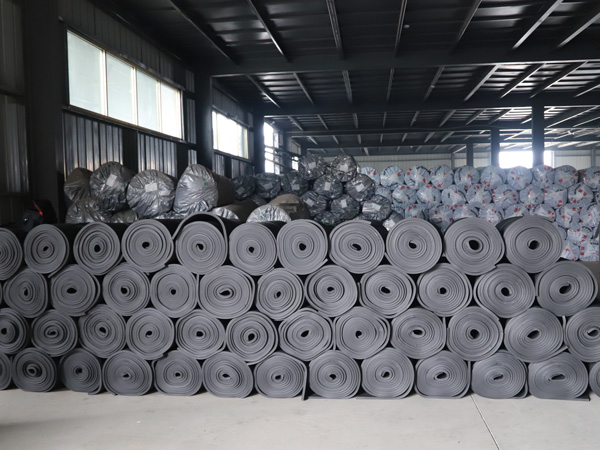
Role of Elastomeric Foam in Electronics Thermal Management (Heat Dissipation & Insulation)
Elastomeric foam (rubber-plastic insulation) plays a dual role in electronics—heat dissipation for temperature-sensitive components and thermal insulation for energy efficiency. Below is a detailed analysis of its technical applications.
1. Thermal Insulation Applications
(1) Battery Systems (EVs & Consumer Electronics)
Prevents Thermal Runaway Propagation
Acts as a fire-resistant barrier between lithium-ion cells (meets UL 94 V-0).
Withstands short-term exposure to 300–400°C during thermal events.
Reduces Heat Loss in Cold Climates
Maintains optimal battery temperature in EVs (improves winter range by 8–12%).
(2) Power Electronics (Inverters, Transformers)
Minimizes Heat Transfer to Enclosures
Dielectric properties prevent electrical leakage (breakdown voltage >15 kV/mm).
Reduces thermal stress on adjacent plastic components.
(3) Consumer Device Housings
Isolates Heat Sources (e.g., CPUs, GPUs) from external surfaces to prevent user discomfort.
2. Heat Dissipation Support
(1) Phase Change Material (PCM) Integration
Elastomeric foam matrices encapsulate paraffin-based PCMs to:
Absorb peak heat loads (e.g., during processor bursts).
Extend thermal buffer time by 30–40% compared to bare metal heatsinks.
(2) Thermal Interface Materials (TIMs)
Compressible Foam Gaskets
Fill air gaps between chips and heatsinks (thermal impedance <0.5°C·cm²/W).
Rebound resilience accommodates component expansion/contraction.
(3) Directed Heat Channeling
Anisotropic Thermal Conductive Foams
Graphene-enhanced variants provide in-plane conductivity of 5–8 W/m·K while maintaining cross-direction insulation.
3. Emerging Innovations
Nano-porous Aerogel Composites
Achieve λ <0.020 W/m·K for ultra-thin insulation in foldable devices.
Electrostatic Discharge (ESD) Safe Foams
Surface resistance 10⁶–10⁹ Ω/sq for semiconductor handling.
For 5G base stations, elastomeric foam with dual-function insulation/heat spreading is being adopted to manage localized hot spots.
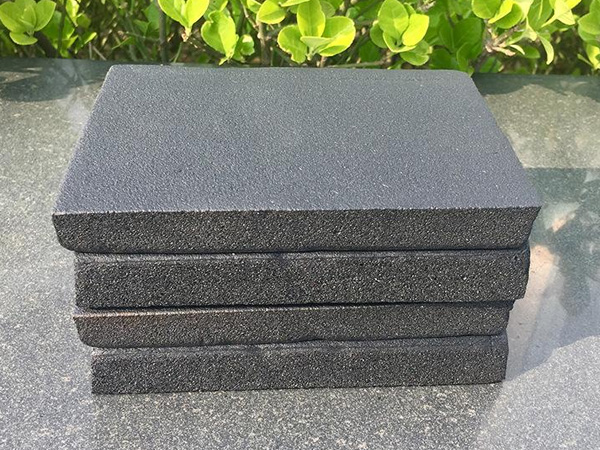
OurFlame Retardant Rubber Foamis a premium closed-cell elastomeric insulation material engi...
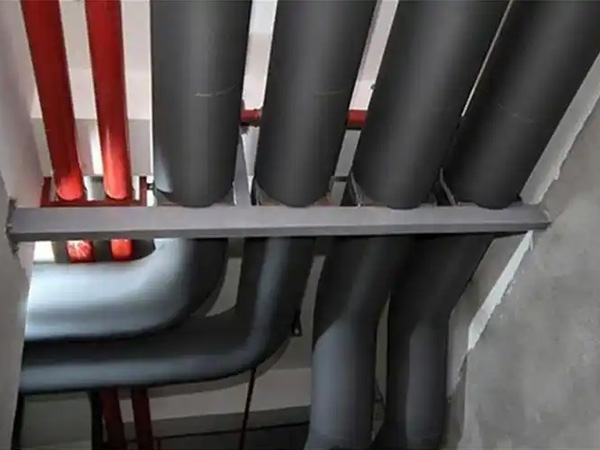
OurRubber Pipe Insulationis a high-performance solution designed specifically for HVAC pipi...
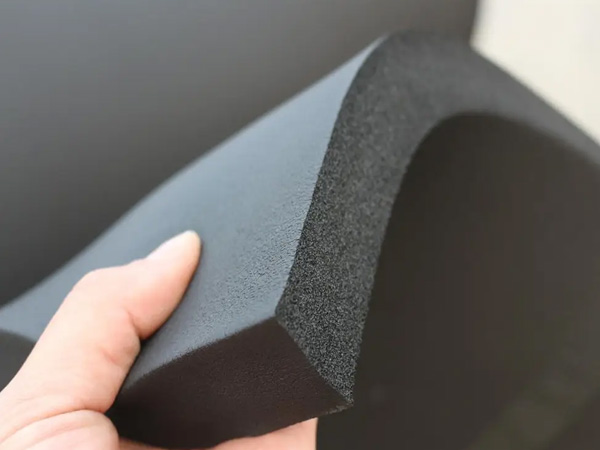
Rubber Foam Insulation Sheet – Product Introduction Premium Flexible Insulation for Therm...
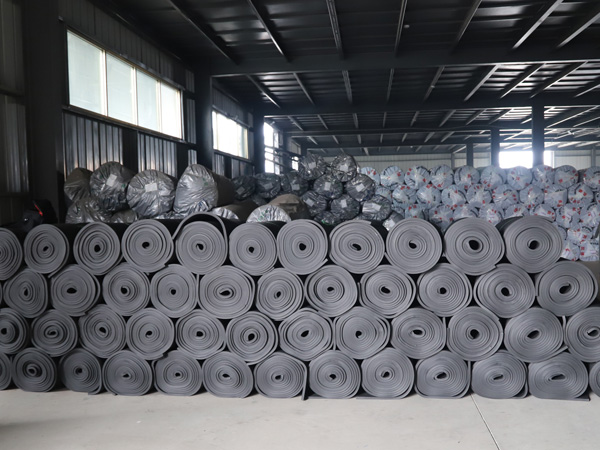
Specially engineered for refrigeration applications, ourElastomeric Rubber Insulationprovid...



